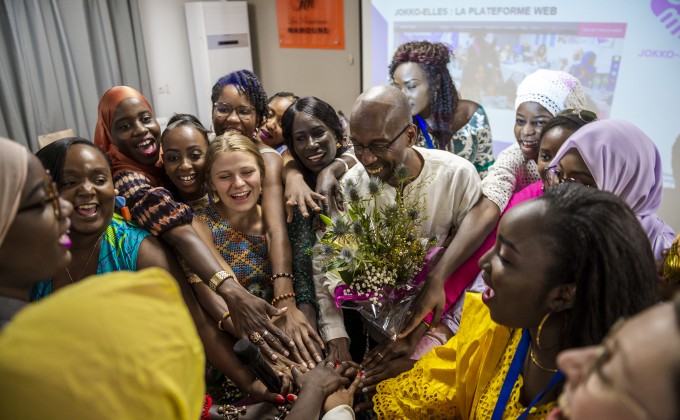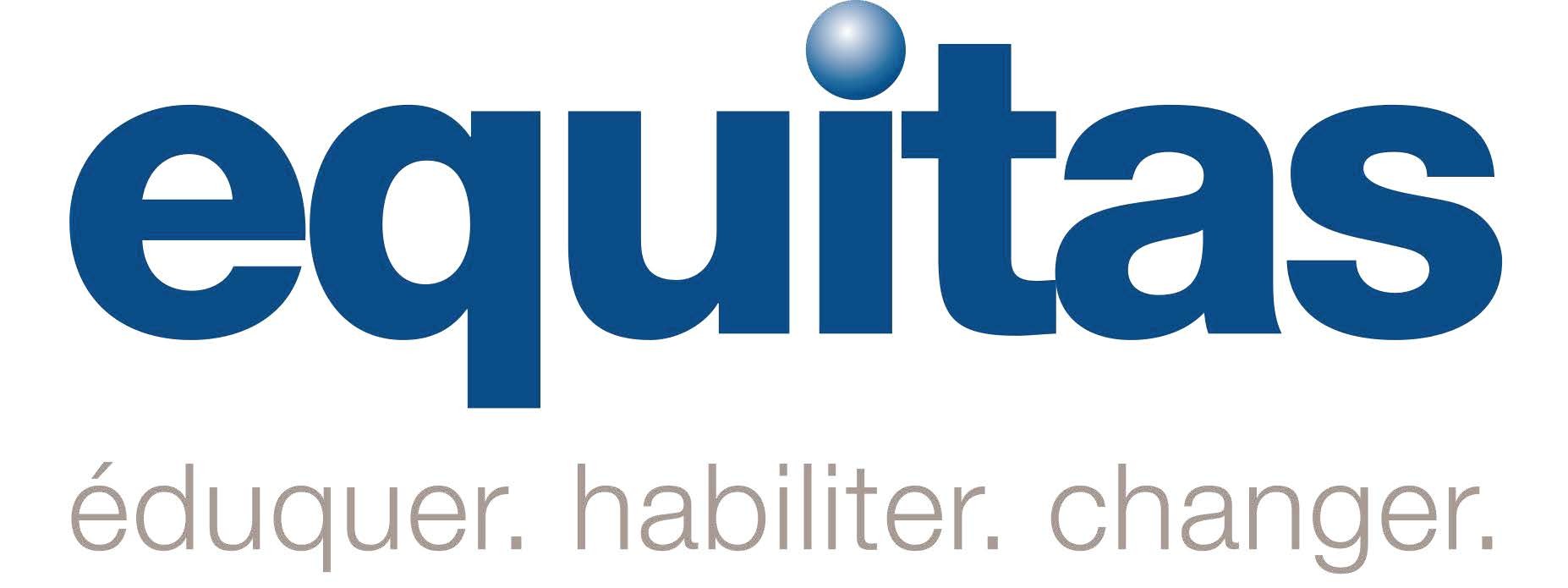
8 countries: Benin, Burkina Faso, Senegal, Rwanda, Bolivia, Haiti, Guatemala and Nepal

2020 - 2027

2 million people in developing countries will see their living conditions improve, including 75% of women and young women, thanks to the actions of over 100 local partners

Global Affairs Canada
Equitas
Ouranos
Carrefour de solidarité internationale de Sherbrooke
International Solidarity Center of Saguenay Lac St Jean
Solidarity Committee of Trois Rivières
University of Waterloo
University of Ottawa
University of Laval


CECI particularly aims to strengthen the place and leadership of women and young women for sustainable and inclusive development. By sharing their skills and expertise, and by working closely with local partners, CECI volunteers contribute to the economic empowerment of women and young women, and to the resilience of communities to climate change.
The program's approach
The program's approach is based on the observation that women must be considered as the main actors for sustainable change.
CECI defines women's economic empowerment as "the capacity of women to generate and manage sufficient resources to ensure their autonomy and fulfillment within their families and the community as a whole, as well as their power to influence decision-making processes at the level of economic policies and at the level of vision and priorities for fair and sustainable development." Women's economic empowerment is a process that includes policy dialogue and the transformation of social norms to advance conditions for more profitable, inclusive, and safe markets for women and young women. This vision also promotes the active participation of women and young women in decision-making on risk and disaster prevention and management and climate change adaptation.
Volunteer cooperation as a development tool
CECI believes in the power of voluntary cooperation as a development tool. CECI is a Canadian leader in the field of voluntary cooperation. It has been working in this field for over 50 years.
Based on the mutual reinforcement of organizations and networks, CECI's volunteer programs pool expertise and know-how in order to act more effectively against poverty. Over the years, the commitment of some 15,000 volunteers in the program countries has made it possible to take action.
The program offers Canadians several interesting volunteering options:
- Universal volunteering
- Nouveau Québec sans frontière
- Academic volunteering
- Solidarity leave
- Remote volunteering
Number of Canadians educated on global gender equality issues
Number of Canadians engaged in activities to support international development
Number of Canadian partners engaged in activities to raise awareness and support international development
The report presents a diagnosis of the entrepreneurial ecosystem in Guatemala with reference to the context of Guatemalan women and young entrepreneurs. This document consists of a documentary and field research to highlight the reality of women and young entrepreneurs. It aims to better understand the key actors in the entrepreneurial field by presenting their functions and points of view, according to the services they offer for the development of women entrepreneurs. This report also reveals the different experiences of women entrepreneurs in the country, especially in relation to the context, their current reality, the gaps and opportunities that the Guatemalan entrepreneurial ecosystem offers for their economic development.
What if people were able to bring their waste and, in exchange, were given food? This is the idea of Cheikhou Oumar Diallo, an entrepreneur in Hann Bel-Air, a district of Dakar, Senegal. His project is funded by the Municipal Development and Solidarity Fund and the Centre for International Studies and Cooperation (CECI).


